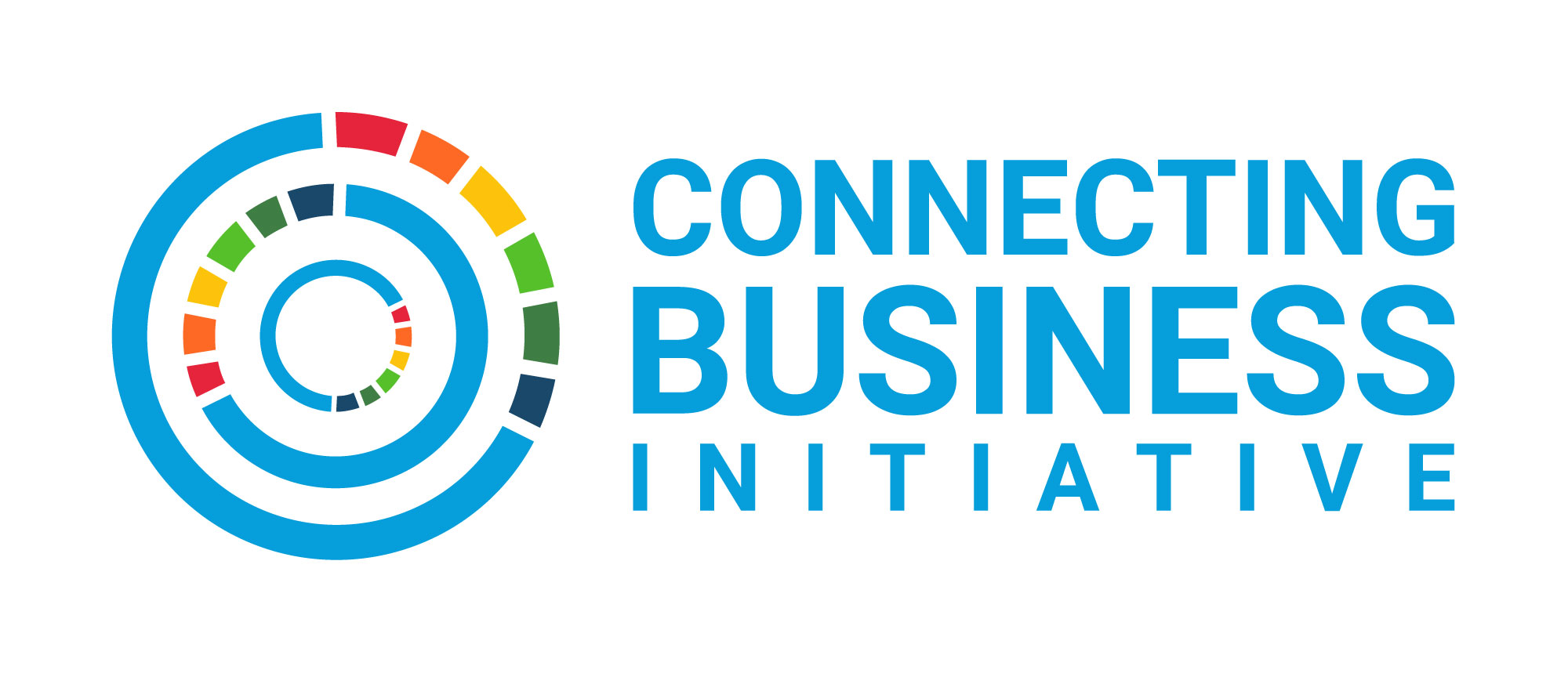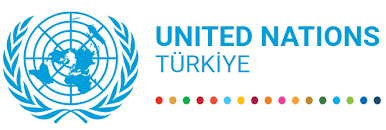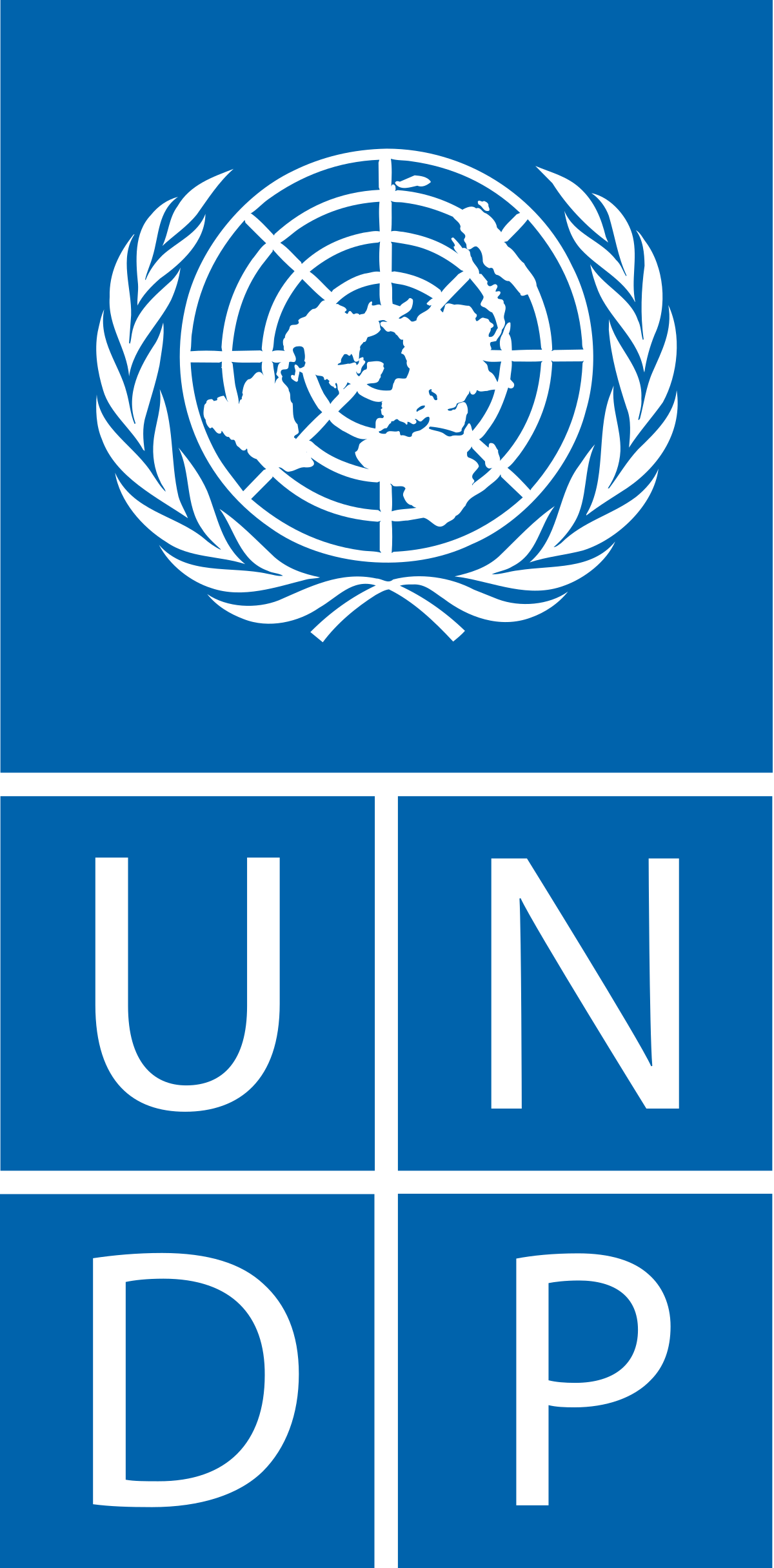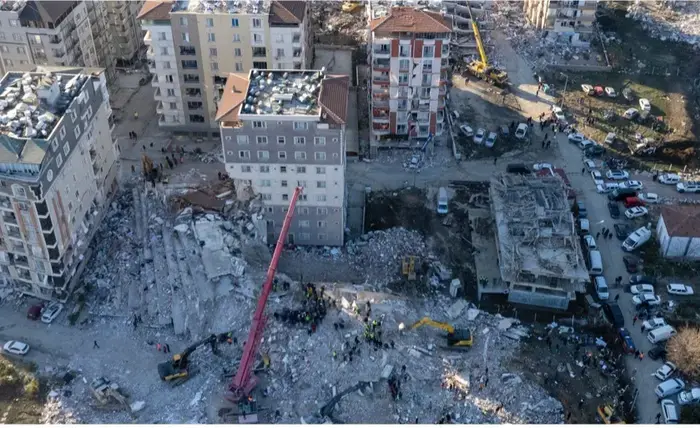6 Şubat 2023'te Türkiye'nin güneyi ve ortası ile Suriye'nin kuzeyi ve batısındaki birçok ilde iki güçlü deprem meydana geldi. Bu sismik olayları 3.100'den fazla artçı sarsıntı takip etti. Depremlerin etkisi Türkiye'de en az 9,1 milyon, Suriye'de ise 8,8 milyon nüfusu doğrudan etkiledi.
Bu felaketlerin ardından, her büyüklükteki işletme de dahil olmak üzere çok sayıda kuruluş, hükümet öncülüğündeki müdahale çabalarını sahada desteklemek için aktif olarak yer aldı. Büyük ve küçük yerel işletmeler, yardım dağıtım operasyonlarına yardımcı olmak için mal ve hizmet sağlamaktan telekomünikasyon gibi kritik tesislerin onarılması için uzmanlık ve teknolojilerini ödünç vermeye kadar, etkilenen illerdeki müdahale çabalarının desteklenmesinde kritik bir rol oynadı. Ayrıca dünyanın çeşitli yerlerinden çok uluslu şirketler de cömertçe hem nakdi hem de ayni bağışlarda bulundu.
Şirketler, hükümet ile insani yardım ve kalkınma kuruluşlarının yanı sıra müdahale çabalarının desteklenmesinde önemli bir rol oynamaktadır. Özel sektör, kriz sırasında ve sonrasında önemli etki yaratabilecek uzmanlık, erişim, ürün ve hizmetler gibi değerli kaynaklara sahiptir. Başarılı yaklaşımları ve öğrenilen dersleri vurgulayacak bir platform sağlamak, iyileştirme ve yeniden inşa sürecine daha fazla katılım için planlamayı kolaylaştırmak amacıyla iş dünyasının depreme müdahale konusundaki katkılarını kabul etmek ve belgelemek önemlidir.
Özel sektörün erken müdahalesinin sağlanması, sürdürülebilir ekonomik toparlanma için hayati öneme sahiptir.
Bu, küçük ve orta ölçekli işletmelerin desteklenmesini, bozulan tedarik zincirlerinin yeniden kurulmasını ve depremden etkilenen bölgelerde gerekli hizmet ve uzmanlığın sağlanması için daha büyük ulusal ve uluslararası şirketlerin devreye sokulmasını içermektedir. Özel sektörün rolü, Türkiye Hükümeti tarafından Türkiye'deki BM sistemini temsil eden Birleşmiş Milletler Kalkınma Programı (UNDP) Türkiye ve Mart ortasından beri de Dünya Bankası ve Avrupa Birliği ile ortaklaşa geliştirilen “Türkiye Depremleri İyileştirme ve Yeniden Yapılanma Değerlendirmesi (TERRA)” vizyonunda belirtilen daha geniş yeniden inşa çalışmalarına kadar uzanmaktadır.
OCHA/UNDP Connecting Business Initiative (CBi) tarafından, Birleşmiş Milletler Türkiye Mukim Koordinatörlüğü, Birleşmiş Milletler Kalkınma Programı (UNDP),Türk Girişim ve İş Dünyası Konfederasyonu'nun (TÜRKONFED) ve Hedefler için İş Dünyası (B4G) Platformu desteğiyle düzenlenen Türkiye Depremleri: Özel Sektör Deneyim Paylaşımı çalıştayına katılımınınızı beklemektedir.
HEDEFLER ve beklenen çıktılar
Katılımcılar aşağıdaki konularda fikir alışverişinde bulunma fırsatına sahip olacaktır:
- Özel sektörün deneyimlerine dayanarak depremlere müdahalede öğrenilen dersler, iyi uygulama örnekleri, karşılaşılan zorluklar;
- Acil durumlarda özel sektör katılımı söz konusu olduğunda mevcut yaklaşımların nasıl geliştirileceğine dair kısa ve uzun vadeli öneriler ve
- Orta ve uzun vadeli toparlanma, yeniden yapılanma ve dayanıklılık çabalarında özel sektörün afete hazırlık durumu ile iyileştirme için özel sektör katılımının başarılı örnekleri
Türkiye Depremleri: Özel Sektör Deneyim Paylaşımı çalıştayından sonra iyi uygulamaları, öğrenilen dersleri ve katılımcıların önerilerini içeren bir vaka çalışması gerçekleştirilecektir.
KATILIMCI
Türkiye Depremleri Çalıştayı: Özel Sektör Deneyim Paylaşımı, Türk, çok uluslu şirketler veya iş federasyonlarını temsil eden katılımcılar, Hükümet ve ilgili kurumlar, bağışçı/donör toplulukları ile insani yardım ve kalkınma ortaklarından temsilcileriyle sınırlıdır.
Çalıştayda İngilizce – Türkçe simultane çeviri hizmeti verilecektir.
Agenda
|
09:00 |
Açılış Konuşmaları 1. Oturum: Yuvarlak masa tartışmalarının gündemine ve hedeflerine genel bakış |
|
09:45 |
2. Oturum: Depremlere müdahalede zaman çizelgesi: Depremde müdahale anı üzerine değerlendirmeler ve olayların kronolojisi |
|
11:30 |
3. Oturum: Deprem riskinin azaltılması, hazırlıklı olma ve iş sürekliliği önlemleri: Özel sektörün iyi uygulamalarının ve karşılaşılan zorlukların belirlenmesi |
|
13:30 |
4. Oturum: Depreme müdahale: Özel sektörden koordinasyon, bilgi paylaşımı ve kaynak geliştirme konularında iyi uygulamaların ve öğrenilen derslerin belirlenmesi |
|
15:30 |
5. Oturum: Depremde iyileştirme, yeniden yapılanma ve dayanıklılık: Özel sektör katılımı için giriş noktalarının belirlenmesi |
| 16:30 |
Değerlendirmeler, Sonraki Adımlar ve Kapanış Konuşmaları |
Daha fazla bilgi için, CBi Program Koordinatör Yardımcısı Rhiza Nery florian.nery@un.org ile iletişime geçin.

On February 6, 2023, two powerful earthquakes struck several provinces in southern and central Türkiye and northern and western Syria. These seismic events were followed by over 3,100 aftershocks. The impact of these earthquakes directly affected a population of at least 9.1 million people in Turkey and an additional 8.8 million in Syria.
In the wake of these disasters, numerous organizations, including businesses of all sizes, have actively engaged in supporting the Government-led response efforts on the ground. Local businesses, big and small, played a critical role in supporting the response efforts in the affected provinces—from providing goods and services to assist in relief distribution operations to lending their expertise and technology to restore critical utilities such as telecommunications. In addition, multinational companies from various parts of the world have generously contributed both monetary and in-kind donations.
Acknowledging their importance within the communities they operate; businesses play a pivotal role in supporting response efforts alongside the Government, and humanitarian and development agencies. The private sector has valuable resources such as expertise, access, products, and services, which can make a substantial impact during and after crises. Therefore, it is important to acknowledge and document the contributions of the business community in the earthquake response and to provide a platform to highlight successful approaches and lessons learned from their involvement, and to facilitate planning for further engagement in the recovery and reconstruction process.
Ensuring early private sector involvement is vital for sustainable economic recovery. This includes supporting small and medium businesses, reestablishing disrupted supply chains, and engaging larger national and international corporations to provide necessary services and expertise in earthquake-affected areas. The private sector's role extends to broader reconstruction efforts outlined in the Türkiye Earthquakes Recovery and Reconstruction Assessment (TERRA) vision, jointly developed by the Government of Türkiye, in cooperation with the United Nations Development Programme (UNDP) Türkiye and the European Union in mid-March.
Join us in this private sector lessons learned workshop, organized by the OCHA/UNDP Connecting Business initiative, and with the support of the United Nations Resident Coordinator Office in Türkiye, the United Nations Development Programme, the Turkish Enterprise and Business Confederation (TÜRKONFED), and the Business for Goals (B4G) platform, as we facilitate this discussion and consultation based on reflections and takeaways from the Türkiye earthquakes.
Objectives and expected outputs
The Connecting Business initiative (CBi) was established by the United Nations Office for the Coordination of Humanitarian Affairs (OCHA) and the United Nations Development Programme (UNDP) to promote strategic engagement with the private sector before, during, and after emergencies. In Türkiye, the CBi Member Network is hosted by the Turkish Enterprise and Business Confederation (TÜRKONFED) and the Business for Goals Platform (B4G). TÜRKONFED is a non-governmental, non-partisan business organization that represents 30 Turkish business federations and 300 business associations that collectively count more than 60,000 individual companies as members. On the basis of “build back better” principles, B4G aims to coordinate the recovery efforts of local, national and global actors in a sustainable way which includes a greener, more technologically advanced, more circular, more agile and more gender- and diversity-sensitive approach.
In this private sector lessons learned workshop hosted by the OCHA/UNDP Connecting Business initiative, and with the support of the United Nations Resident Coordinator Office in Türkiye, the United Nations Development Programme, the Turkish Enterprise and Business Confederation (TÜRKONFED) and the Business for Goals (B4G) platform, participants will have the opportunity to exchange insights on:
- Good practices, challenges and lessons learned based on the private sector’s experience supporting the response to the earthquakes; and,
- Immediate and long-term recommendations on how to improve current approaches when it comes to private sector engagement supporting emergencies.
- Role of private sector in medium and long-term recovery and reconstruction efforts and successful examples of the private sector engagement for disaster preparedness and recovery
A case study capturing good practices, lessons learned, as well as recommendations from the participants will be produced after the lessons learned workshop.
Programme
The workshop will feature sessions to discuss private sector coordination supporting earthquake preparedness measures, response, and medium to long-term recovery and reconstruction. Speakers will include representatives from UN RCO/OCHA Türkiye, UNDP Türkiye, The Disaster and Emergency Management Presidency of Türkiye (AFAD), CBi Member Networks in Türkiye, and the private sector.
The workshop will be held primarily in Turkish, with simultaneous interpretation to/from English.
Participants
The private sector lessons learned workshop is expected to host participants representing Turkish national and multi-national companies, private sector networks, business chambers and associations and local enterprises. Representatives from the Government and relevant line agencies, donor community, as well as humanitarian and development partners are also expected to be part of the sessions.
Agenda
|
09:00 Istanbul (GMT+3) |
Opening Remarks Session 1: Overview of the agenda and objectives of the roundtable discussion |
|
09:45 |
Session 2: Earthquake response timeline: Reflections on the earthquake response and chronology of events |
|
11:30 |
Session 3: Earthquake risk reduction, preparedness, and business continuity measures: Identifying good practices and challenges from the private sector |
|
13:30 |
Session 4: Earthquake response: Identifying good practices and lessons learnt on coordination, information-sharing and resource mobilization from the private sector |
|
15:30 |
Session 5: Earthquake recovery, reconstruction, and resilience: Identifying entry-points for private |
| 16:30 |
Reflections, Next Steps, and Closing Remarks |
This is an in-person event and by invitation only. If you want to learn more about this event, please contact Rhiza Nery at florian.nery@un.org.
About the organizers
Connecting Business initiative

The Connecting Business initiative (CBi) is dedicated to the idea that the private sector has a critical role to play in preparing for, responding to, and recovering from disasters. CBi Member Networks—independent chambers of commerce, trade federations, business associations and private foundations—are ready, willing and able to lead private sector disaster management in their countries. CBi empowers local businesses to work hand-in-hand with governments, civil society, humanitarian organizations and affected people to alleviate human suffering while building more resilient societies. Learn more at connectingbusiness.org.
Turkish Enterprise and Business Confederation
![]()
TURKONFED (Turkish Enterprise and Business Confederation) is a non-governmental and nonpartisan business organization, aiming to contribute to the development of regional, sectoral and national economic policies. TURKONFED was established in 2004 as a nation-wide confederation, representing 6 federations and 69 associations. Today, TURKONFED represents 30 federations and more than 300 associations with more than 60,000 company as members. TURKONFED is member of SMEunited, which is the association of crafts and SMEs in Europe representing over 22 million SMEs from 30 European countries. In this respect TURKONFED is a bridge between the Turkish business world and the European Union. In addition, TURKONFED has members from across the globe that gather under the platform TURKONFED International.
Business for Goals Platform

Established by TURKONFED, TUSIAD and UNDP in 2019, the Business for Goals Platform serves as a platform open to all large-, medium- and small-sized enterprises willing to integrate the Sustainable Development Goals into their corporate policies and strategies, all public agencies keen on public-private partnership, local governments, academia, international organizations and non-governmental sector. The Business for Goals Platform is a joint action platform established by the private sector to promote the Sustainable Development Goals and forge new partnerships.
United Nations Resident Coordinator Office in Türkiye

The Resident Coordinator’s Office supports the work of the UN Resident Coordinator and coordinates activities of the UN Country Team in its engagement with the Government as defined by the UN Development Cooperation Strategy (UNDCS). The Resident Coordinator is leading and strategically positioning the United Nations country team in Türkiye to respond to the current national priorities. The Office has five core functions focusing on strategic planning, economics, partnerships and development finance, data and results management and reporting, and communications and advocacy. Learn more about the UN Resident Coordinator Office.
United Nations Development Programme in Türkiye

UNDP Türkiye works for Inclusive and Sustainable Growth, Inclusive and Democratic Governance and Climate Change and Environment. For more than 50 years the UNDP has worked in close partnership with the Türkiye Government and numerous national and international institutions, including NGOs, academics and the business community. UNDP contributes to Türkiye on three areas: Inclusive and Sustainable Growth, Inclusive and Democratic Governance, and Climate Change and Environment. In addition to these core areas, UNDP Turkey is emphasizing the role of women, private sector, capacity development and information and communication technology in its policies and programmes. Learn more about UNDP Türkiye.
Türkiye Depremleri Çalıştayı | Özel Sektör Deneyim Paylaşımı / Private sector lessons learned workshop: Reflections on good practices and challenges from the Türkiye earthquakes

